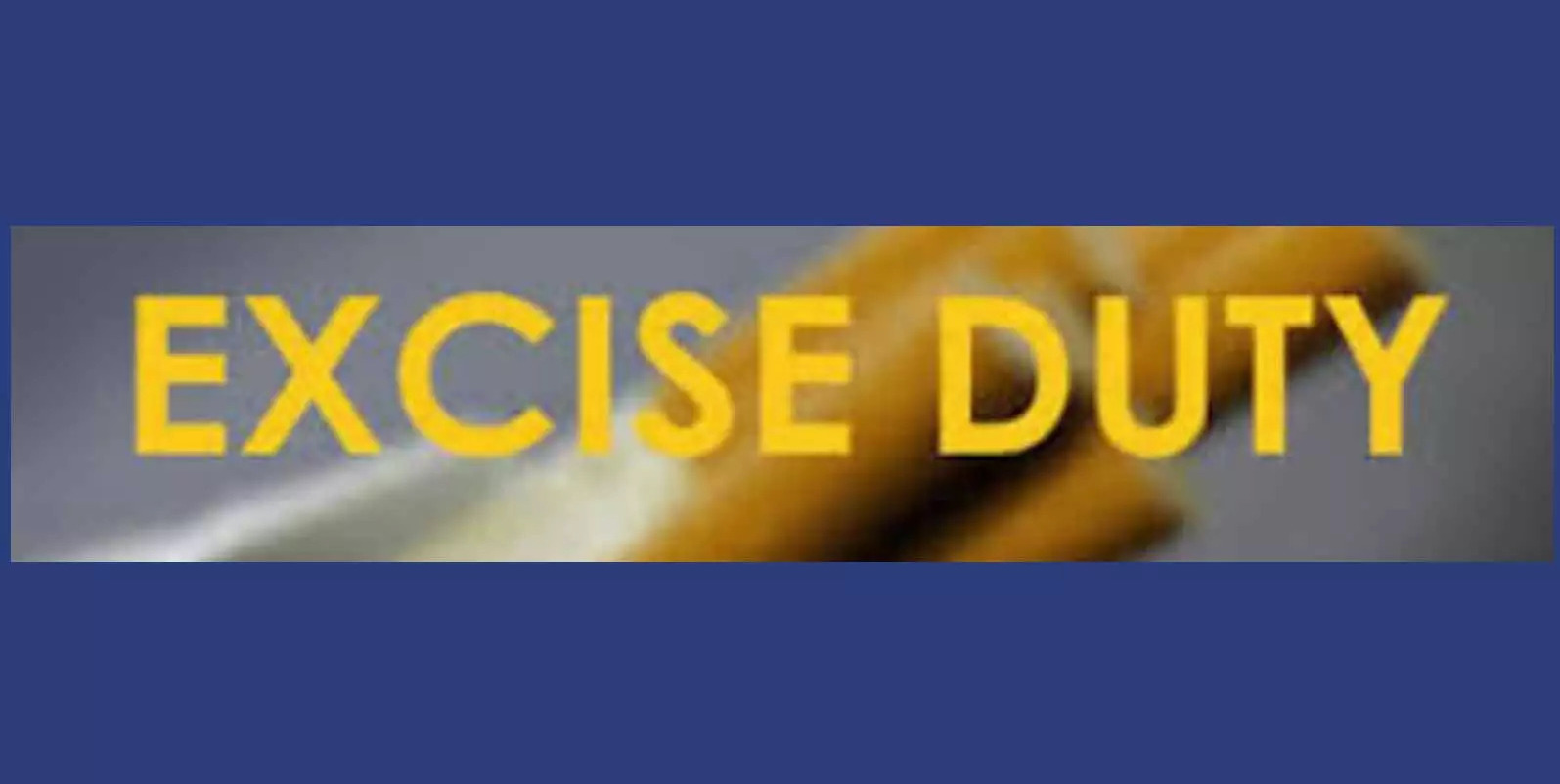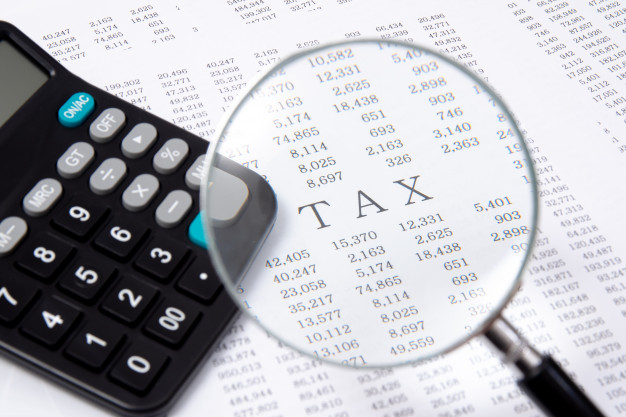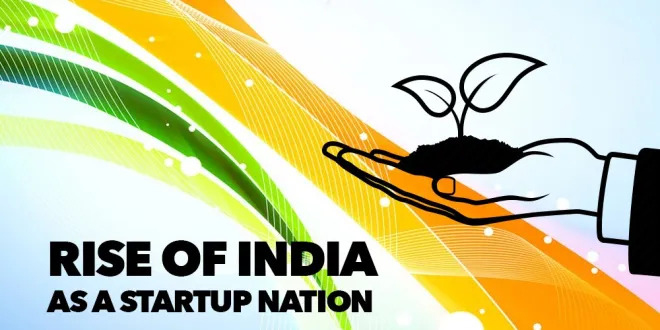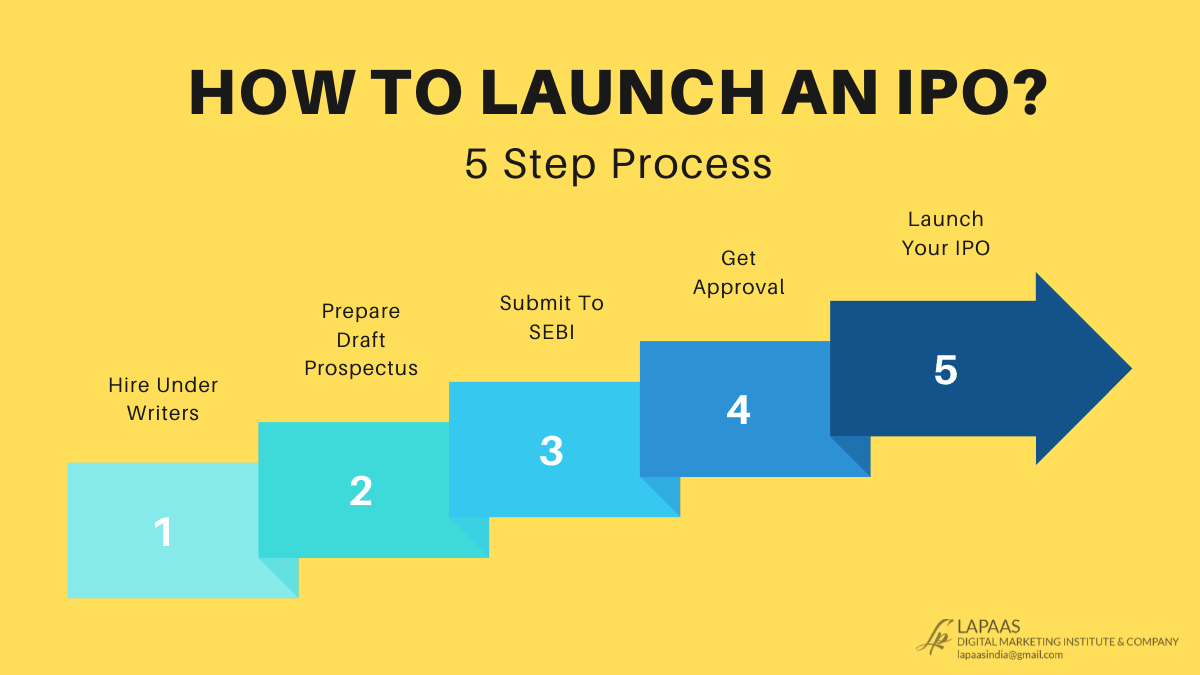
What is Excise Duty?
Excise duty refers to taxes levied on the manufacture of goods within the country, unlike the Custom Duty which is levied on goods coming from outside the country. Readers should note that GST has now reduced many indirect taxes including excise duty. This means that excise duty, technically, does not exist in India except for certain commodities such as alcohol and petroleum. The information given below relates to the functioning of excise in India before the implementation of the GST regime.

Excise Duty is a form of indirect tax which is usually collected by a retailer or an intermediary from its consumers and then paid to the government. Although this duty is payable on the manufacture of goods, it is generally payable when the goods are removed 'from the place of production or from the warehouse' for the purpose of sale. There is no need for actual sale of goods to levy excise duty as it is imposed on the manufacture of such goods. The Central Board of Excise and Customs (CBEC) is responsible for depositing excise.
Rules and rules of excise in India
The legal framework around excise duty is governed mainly by two acts -
Central Excise Act, 1944
Central Excise Duty Act, 1985
Both the Acts outline the laws related to levy of excise duty which are spread all over India.
Central Excise duty rates are defined by the Central Excise Duty Act, 1985. The Central Excise Act primarily provides definitions related to excise, while the Central Excise Act includes a detailed schedule of excise and goods. CBEC, which functions under the leadership of the Finance Minister, follows the excise and custom laws in the country.
Types of excise in India
There are three types of excise duties in India -
Basic Excise Duty- Sometimes referred to as Central Value Added Tax (CENVAT), this type of excise duty is levied on goods classified under the First Schedule to the Central Excise Act, 1985. This charge is levied under section 3 (1). a) Central Excise Act, 1944 and imposed on all manufactured goods in the country except salt.
Additional Excise Duty - As per Section 3 of the Additional Duties of Excise (Goods of Special Importance) Act, 1957, this duty is levied on the items listed in Schedule 1 of the said Act. Such duty is levied on certain items and is charged by the Central and State Government as an alternative to sales tax. The Additional Duties of Excise (Textiles and Textile Articles) Act, 1978 also provide for uniform legislation.
Special Excise Duty - This type of duty is levied on special items specified under the Second Schedule to the Central Excise Act, 1985.
Who is responsible for paying excise duty?
Since excise duty is levied on the manufacture of goods, the producer of the goods should be liable to pay it to the government. By law, there are three parties who are liable to pay excise duty-
The person / organization who manufactured the goods
Person / organization who obtains goods manufactured by employing labor
Person / Organization who has received goods manufactured by other parties

When should Excise Duty be paid?
Excise duty is levied on the manufacture of goods and such goods must be paid 'on removal'. The Central Excise (Amendment) Rules, 2002 Rule 4 emphasizes the same and informs that removal of goods for sale is not a taxable event; This is for convenience only. One is liable to pay excise duty on the production or manufacture of goods.
Rule No. 8 of the Central Excise (Amendment) Rules, 2002 provides that Excise Duty should be paid on 5th of the following month after the goods are removed from the factory or warehouse for sale. If payment is being made through net banking, the date is the 6th of the following month. This rule applies for all months except the month of March in which payment must be made within 31 March.




